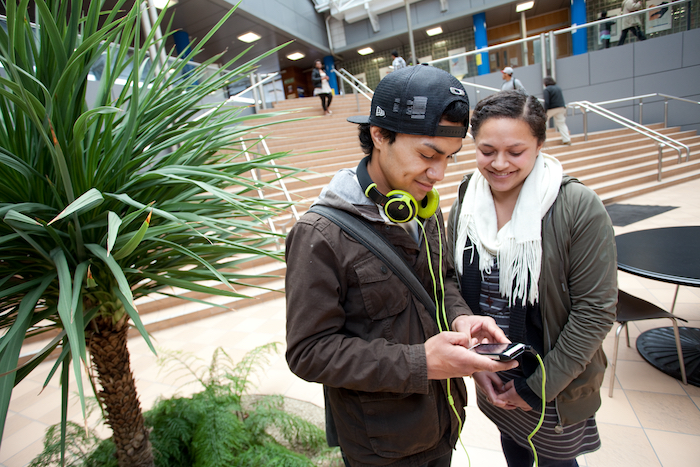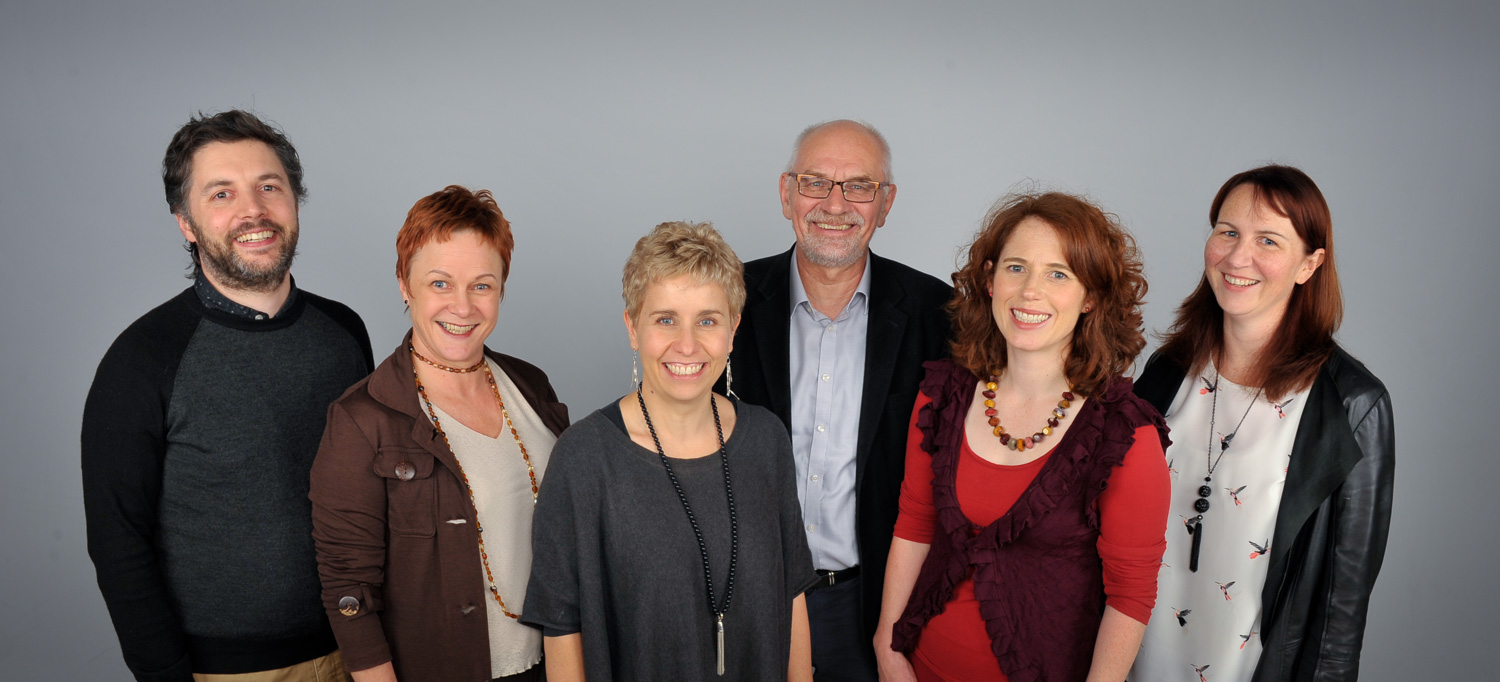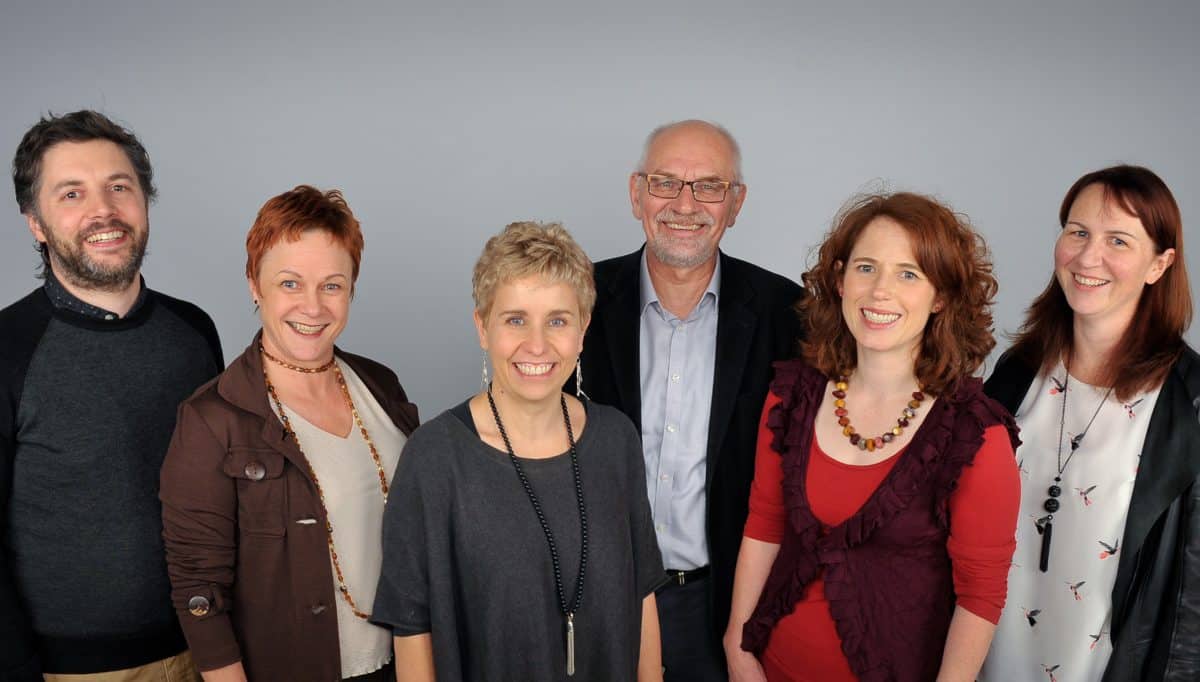Taking healthcare out of the surgery – and into patients’ hands
8 August 2018
Kiwis of all ages are living more and more of their lives online and on digital devices. Our smartphones, tablets and computers are not only being used for entertainment and connection, but also as essential tools for life. So it makes sense that researchers are now turning to the digital world to see if it can help solve health problems.
Digital health technology is the focus for one Long Terms Conditions* project aimed at improving outcomes for people with prediabetes and Type 2 diabetes – in particular Māori and Pacific populations, who suffer from poorer outcomes for long-term conditions than other groups.
The BetaMe project is testing an online, device-driven programme to find out if it could be an effective way to tackle one of New Zealand’s growing health issues. One quarter of the adult population is thought to have prediabetes, a condition which – with effective intervention – can be reversed before it develops into Type 2 diabetes.
Building the evidence

Right now, explains principal investigator Professor Diana Sarfati, even though it makes sense intuitively to go where people are – i.e. online, in terms of offering help, there’s limited evidence to show that digital interventions are effective.
Although they’re being increasingly used, Professor Sarfati says, “there are some gaps in the evidence relating to how effective or otherwise these kinds of interventions might be. Their effectiveness hasn’t been assessed in New Zealand. There’s not really much evidence at all in relation to whether these sorts of interventions work for people with prediabetes, which is now very common, and very little evidence relating to Māori and Pacific people, and whether or not these kinds of interventions are likely to work for them.”
There’s also limited evidence relating to longer-term outcomes.
“If you look at the studies they tend to be very short term; they look at two or three months – and we were interested in looking at whether or not any benefits to these interventions were a bit more persistent than that.”
The BetaMe project uses an app from IT company Melon Health, who had already done a pilot study involving people with prediabetes, which had promising results.
“They found that of those who stuck with the programme, there was a substantial proportion who lost weight – 94% of people”, says Professor Sarfati. “Nearly 80% had drops in HBa1c to below the prediabetic range. And the feedback was very positive.”
Because the pilot didn’t have a control group, though, and used a self-selecting group of participants, it didn’t provide unequivocal evidence of success. That’s where the BetaMe project comes in.

Coaching, learning and community support
The project involves a randomised control trial involving 430 patients who will be monitored for one year. The control group will receive normal, GP-based care for their prediabetes or type 2 diabetes.
The intervention group will be using the BetaMe programme, accessible from any internet-capable device.
The intervention includes four key parts.
The first is one-on-one heath coaching; a coach helps with goal setting and setting up personal programmes for each participant, and provides encouragement throughout the programme.
Part two is health literacy; participants are supplied with evidence-based resources fortnightly including video and printed material to help them become healthier.
These two aspects run for 16 weeks.
Alongside that is a goal tracking component, where things like weight, eating habits, sleep and happiness are tracked via the app.
And the fourth element is a peer support community, so participants can connect with each other and offer support and share information. This is monitored by a nurse. Tracking and peer support go on for a year.
Participants will be measured for HbA1c and weight, as primary outcomes, along with other things such as waist circumference, blood pressure, use of medication, quality of life and self-reported self-management.
Doing healthcare differently

Dr Melissa McLeod, co-principal investigator of the study, says a potential benefit of a digital solution to a long-term condition is that it helps take health care out of the surgery.
“It puts the control into the hands of the people whose health it is – into the participants’ hands themselves. We know that health costs are skyrocketing in NZ… we know that we can’t afford to keep giving more and more clinical-based healthcare. We need to be smarter about it. This is a potential approach.”
Professor Sarfati says if the trial shows this type of intervention is successful, it could be relevant in the treatment of many other long-term conditions, such as cardiovascular disease, respiratory disease and cancer.
“This kind of intervention is likely to be broadly applicable, as long as it’s effective.”
The long-term outcome could be wide-ranging.
“We are working closely with a number of PHOs who are really interested in rolling out this kind of intervention to their practices and patients. We would expect that if this was shown to be effective, and cost effective, we would have rapid dissemination through PHOs.”
The future of healthcare could look quite different, by necessity.
“We’ve got an ageing population, we’ve got increasing rates of long-term conditions in general, and very rapidly increasing rates of diabetes. So we have to think about doing healthcare differently. We do have to be innovative – and this is an example of that.”
Read more Innovative management of diabetes with a comprehensive digital health programme (BetaMe).
* The BetaMe research project is funded by the Ministry of Health, Health Research Council of New Zealand, and Healthier Lives National Science Challenge, as part of the Long Term Conditions Partnership.


